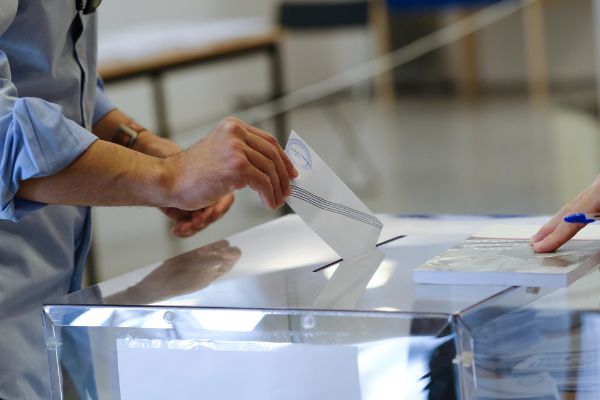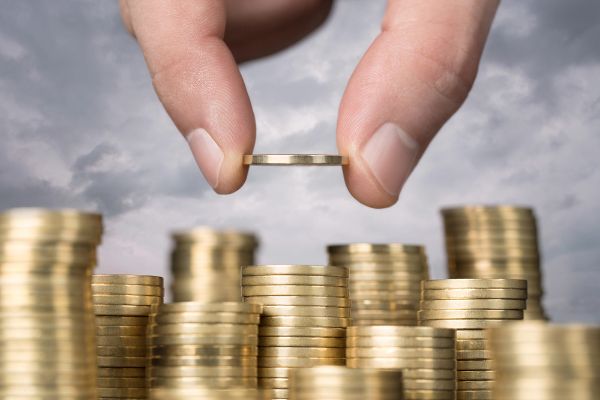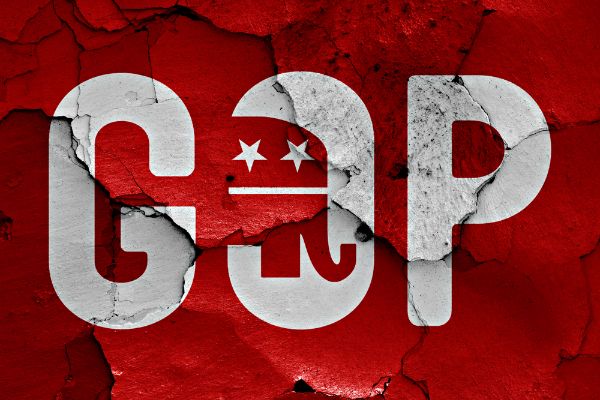As the pandemic took over the US last year, the central bank cut interest rates to almost zero and started quickly buying assets to stop another financial crisis.
Among their purchases was government debt. Those steps allowed both the Trump and Biden White Houses to give debt at lower rates, to fund the large relief programs that pushed trillions to households and companies.
“It causes businesses to grow, stocks to rise, causes voters to be happy, and we will see if it leads to anything else,” Buffett said during his annual shareholder meeting, which was put on virtually.
The Fed has stated it will keep its policy until the recovery displays signs of much greater progress.
Buffett told the audience that the effect of almost-zero short-term interest has given an “incredible alteration in the value of everything” because of the lowered incentive to have risk-free government debt.
He gave the example of keep $100 billion in short-term Treasury bills, which would now give around $20 million with a yield of two points. Before covid, Buffett said that would have given around $1.5 billion per year.
“There is a huge change,” Buffett said. “It was designed for that — the fed moved because they wanted a massive push.”
That push has given higher yielding assets, from tech companies to SPACs.
Who will win and lose?
Buffett said low rates cause stocks to look like “bargains.” This is because higher interest rates would erode a company’s cash flows.
“Interest rates do to the price of assets what gravity does to matter,” Buffett said, “if you could lower gravity by 80%, I would be at the Olympics jumping.”
Cheap borrowing also aids households and businesses which have been hurt by the pandemic, the same targets of relief bills.
The companies who would lose from low rates, according to Buffett, are the banks that had to lower their interest rates. During the worst part of the pandemic, Buffett sold his holdings in banks such as Goldman Sachs (GS) and JPMorgan Chase (JPM).
Buffett said he still likes banks “overall,” but wished to lower his exposure to the risks that he now admits did not fully show.
“We will see where everything leads, but we consider it the most intriguing movie we have ever seen, in relation to economics,” Buffett said.






Comments are closed.